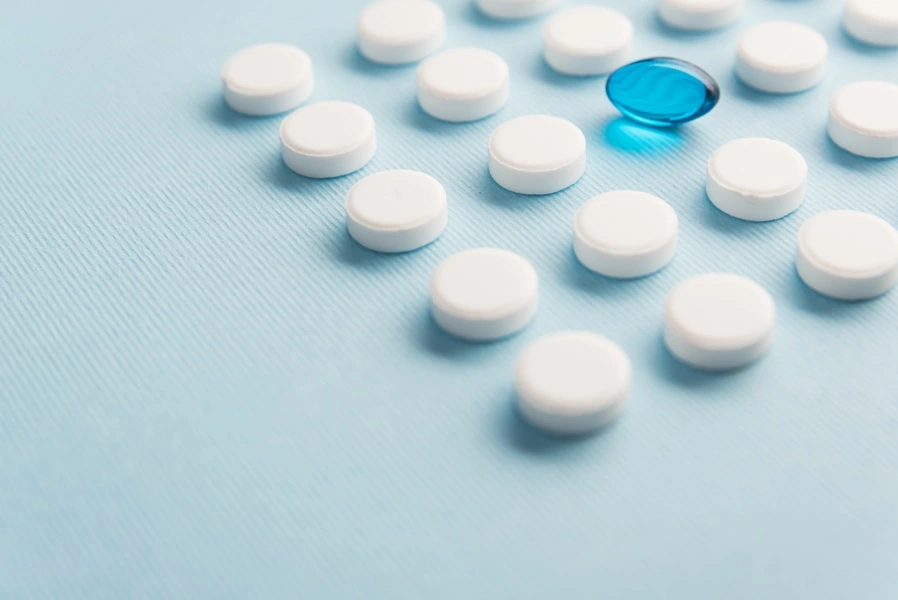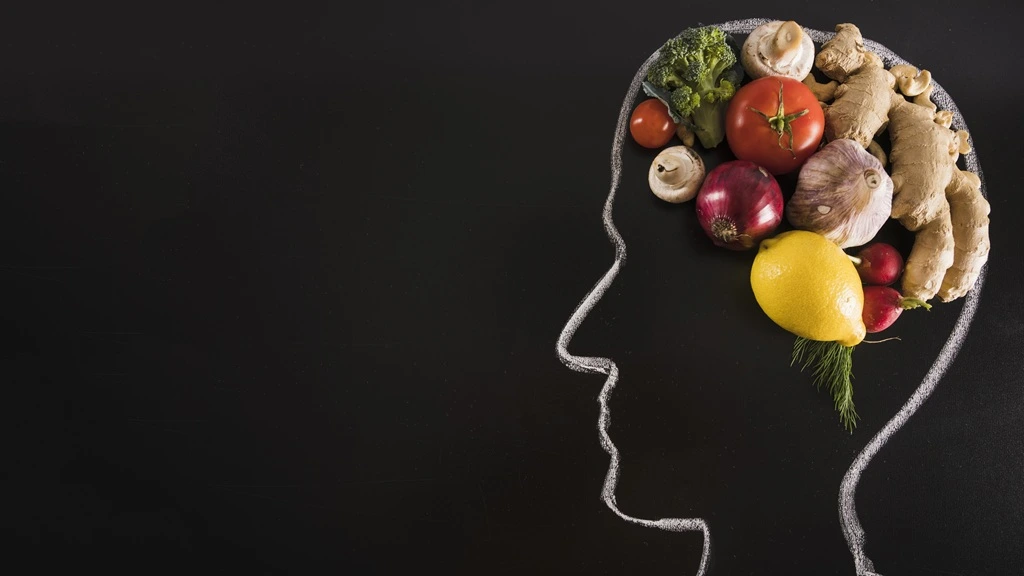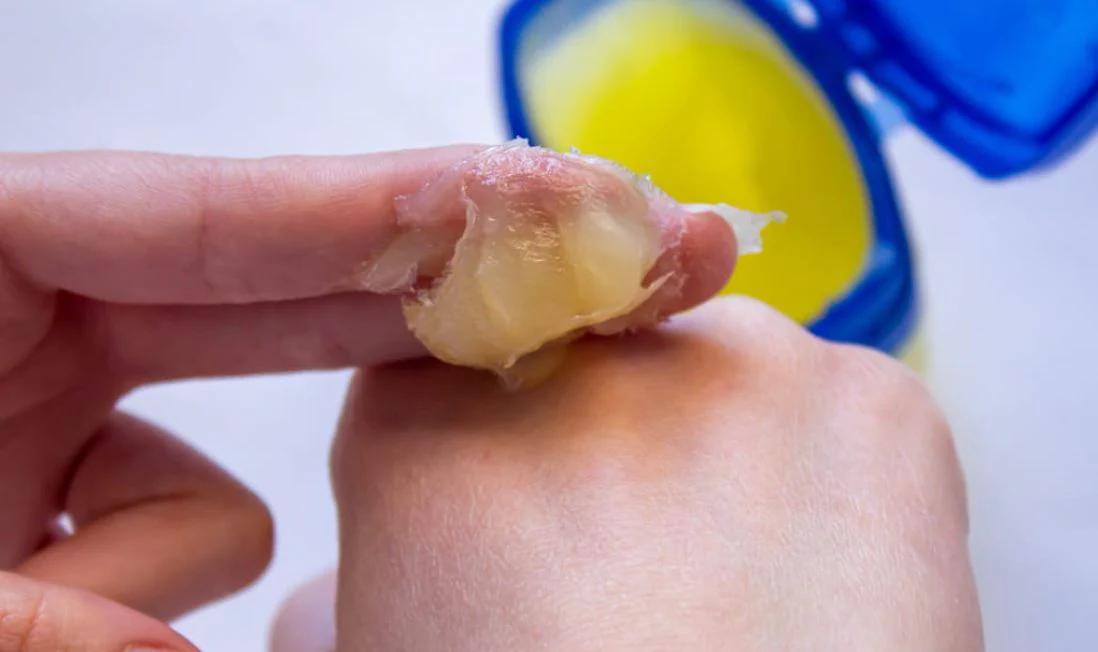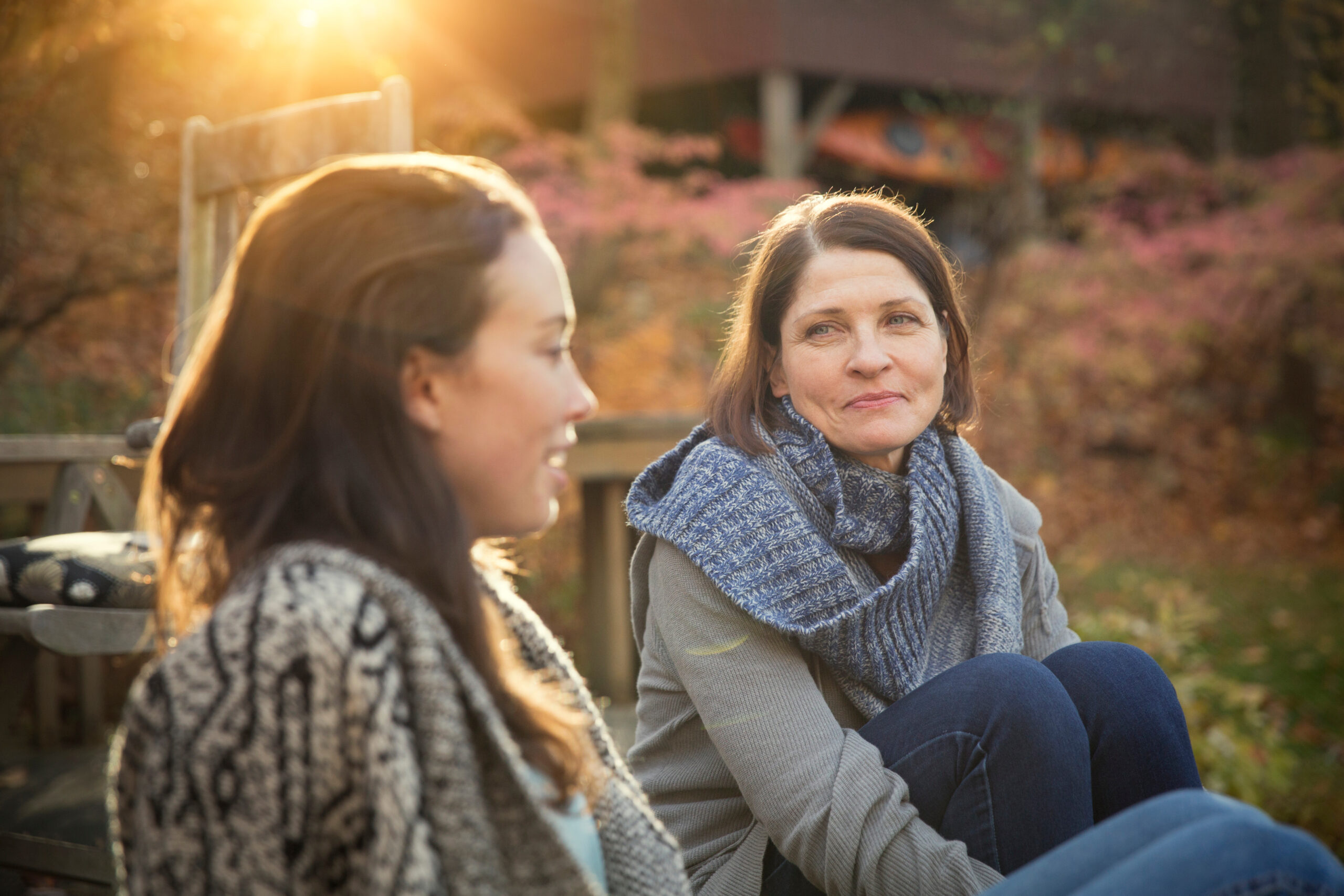NAD: The Longevity Molecule Everyone’s Talking About — Here’s What You Need to Know
If you’ve been following the longevity conversation, you’ve probably seen the term NAD pop up everywhere — in wellness circles, anti-aging clinics, and cutting-edge health research. And let me be
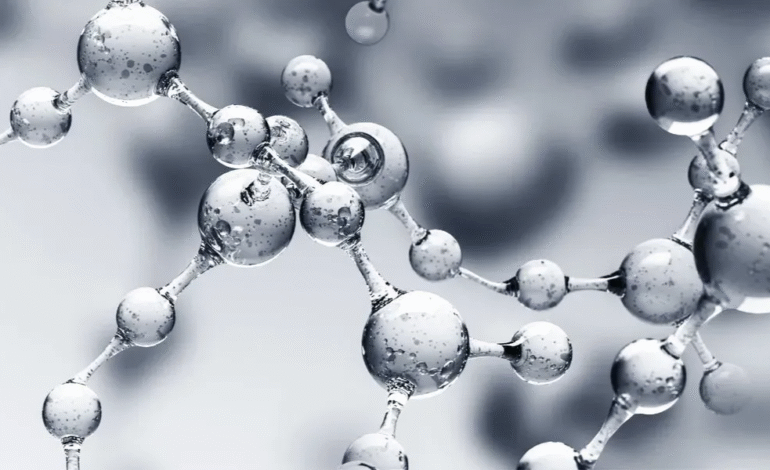
If you’ve been following the longevity conversation, you’ve probably seen the term NAD pop up everywhere — in wellness circles, anti-aging clinics, and cutting-edge health research. And let me be real with you: when I first heard about it, I thought it sounded like just another supplement trend.
But once I started digging deeper — into the science, the stories, and the results — I realized NAD isn’t hype. It’s foundational.
So, What Is NAD?
NAD stands for Nicotinamide Adenine Dinucleotide, and it’s a coenzyme that exists in every single cell of your body. It plays a critical role in energy production, cell repair, and metabolic health. Without enough of it, our cells can’t function properly — and as we age, our NAD levels decline significantly.
In plain English? Less NAD = lower energy, slower recovery, brain fog, and accelerated aging.
Why NAD Matters — Especially As We Age
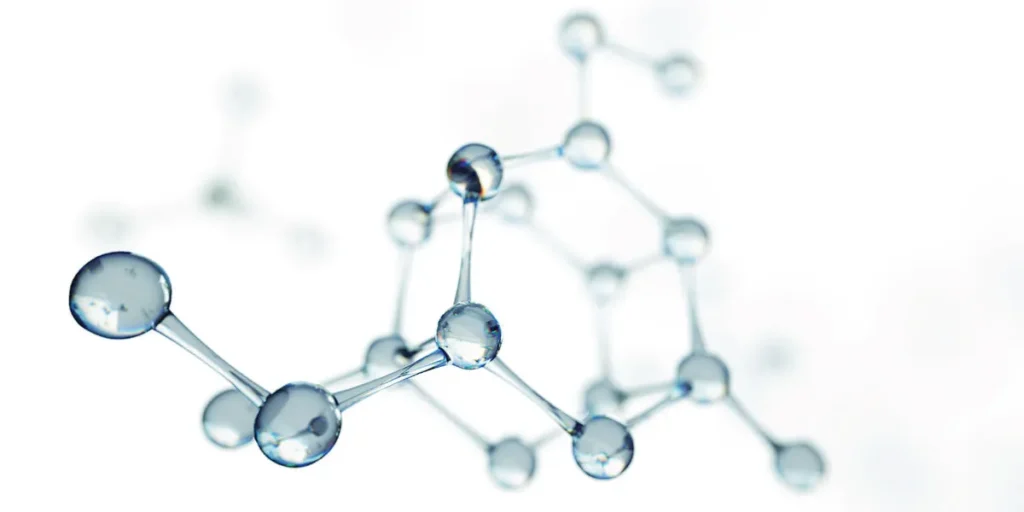
Around our 30s and 40s, our NAD levels begin to drop, and by the time we’re in our 60s or 70s, those levels can be cut in half. This decline is linked to:
- Fatigue
- Cognitive decline
- Muscle weakness
- Increased risk of chronic diseases
- Slower cellular repair and DNA damage response
In other words, NAD isn’t just another wellness buzzword — it may be the key to aging gracefully and staying vibrant as we get older.
My Experience With NAD
I started getting curious about NAD after feeling burnt out, mentally foggy, and generally “off,” even though my labs were technically normal. I wasn’t sick — but I wasn’t thriving either.
After working with a functional practitioner, I added an NAD+ precursor supplement to my routine — along with good sleep, regular fasting, and more movement. Within weeks, I noticed:
- Clearer focus
- More stable energy throughout the day
- Better sleep recovery
- Less “wired but tired” at night
It didn’t feel like a magic pill, but it felt like my body was running smoother, more efficiently. That’s when I knew I had to learn more.
How to Boost NAD Naturally
There are several ways to support or restore NAD levels in your body — some natural, some supplemental:
1. Fasting & Intermittent Fasting
Time-restricted eating and longer fasts can naturally stimulate NAD production.
2. Exercise
Especially high-intensity interval training (HIIT) and strength training — both have been shown to raise NAD+ levels.
3. NAD Precursors
These are supplements that help your body produce more NAD:
- NMN (Nicotinamide Mononucleotide)
- NR (Nicotinamide Riboside)
I’ve personally tried NMN and found it helpful, but results vary from person to person.
4. IV NAD+ Therapy
This is offered at many functional and longevity clinics. It’s more expensive, but some people swear by the energy boost it gives them. Be sure to find a medically supervised provider.
Is It Safe? What the Experts Say
According to researchers like Dr. David Sinclair at Harvard Medical School, NAD is one of the most promising areas of longevity science. Ongoing studies are looking into its role in:
- DNA repair
- Neurodegenerative diseases
- Muscle and mitochondrial health
- Metabolic conditions like diabetes and obesity
So far, NAD supplementation appears safe for most people, but long-term research is still evolving. Always speak to a healthcare provider if you’re considering IV therapy or high-dose supplements.
The Bottom Line for me
Look, aging is natural — but feeling tired, inflamed, and foggy all the time doesn’t have to be.
NAD may not be a miracle cure, but it’s one of the most exciting, well-researched tools we have right now to support longevity from the inside out.
If you’re feeling off, if your energy is low, or if you’re just curious about giving your cells a little extra love — learning about NAD is a good place to start. Combine it with lifestyle changes and consistency, and you may feel like you’re turning back the biological clock just a bit.
I know I did.
By Irene Nicole for Ravoke.com


